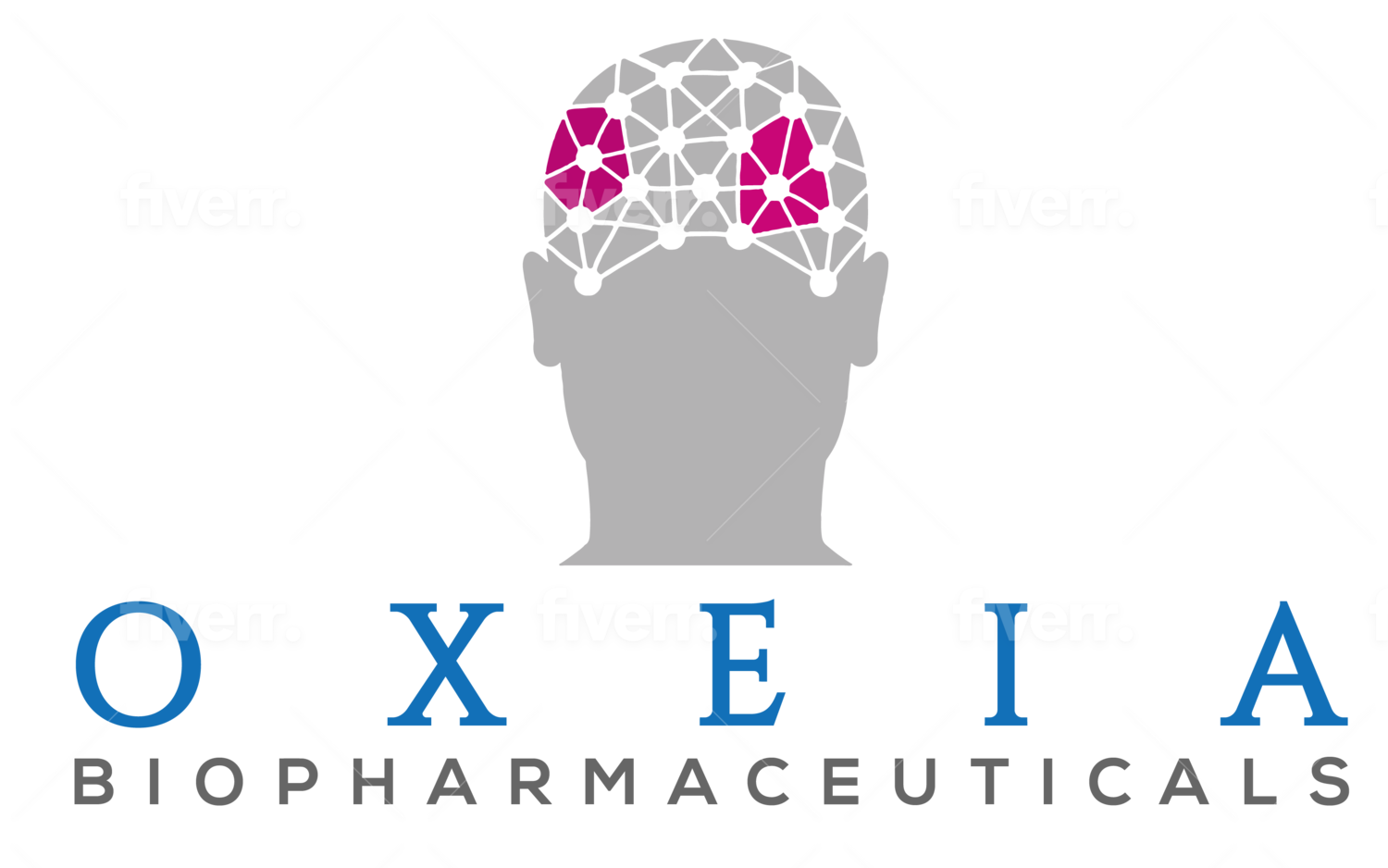CONCUSSIONS ARE MORE THAN JUST A BUMP ON THE HEAD
While the Covid-19 pandemic temporarily shielded other disease and injury from view, they didn’t go away. One of those is brain injury, generally known as concussion or mild traumatic brain injury (mTBI). Once considered relatively harmless and treated by simple rest and rehabilitation, concussions are now widely recognized as a major ongoing public health issue. Concussion remains one of the main causes of loss of work or school time and it’s been known to lead to alcohol and drug abuse and domestic violence.
Concussion can be caused by blunt force trauma, repeated blows to the head, falls, vehicular accidents, explosions, military combat operations and training or physical assault, to name a few. According to the U.S. Centers for Disease Control and Prevention, almost three million patients with suspected brain injury visit the emergency room every year in the U.S. Other studies put the number much higher at 5 million, with as many as 2.4 million of these with mTBI. The numbers may even be higher with additional studies suggesting that as many as 50 percent of concussions go unreported.
These traumatic events send an energy shockwave through the skull leading to the depolarization of brain cells and metabolic dysregulation. Sometimes axons, the communicating arm of nerve cells, can be stretched and damaged as the brain moves within the skull from the concussive forces. In more severe brain injury, bleeding may occur causing inflammation, brain swelling and further damage.
Interestingly, concussions and other neurodegenerative diseases such as Alzheimer’s, dementia and Parkinson’s disease share a similar molecular pathology including mitochondrial dysfunction, where the ability of the mitochondria to convert sugar into energy for the brain is disrupted. Understanding this biology may lead to the design and development of targeted therapeutic solutions.
We must accelerate our efforts toward finding a therapeutic for concussion. Let’s see more players from the medical establishment, government, sports, and investment and large pharmaceutical companies commit to meaningful action to support finding effective treatments for concussions. Rest is not enough.
Vishal Bansal, M.D., F.A.C.S., is the Chief Scientific Officer and Co-founder at Oxeia Biopharmaceuticals and Director of Trauma Surgery at Scripps Mercy Hospital in San Diego. Oxeia is a Boston-based clinical stage biotech company focused on the development of its lead molecule, OXE103, for the treatment of concussion. The company is conducting Phase 2 human clinical studies for OXE103.
